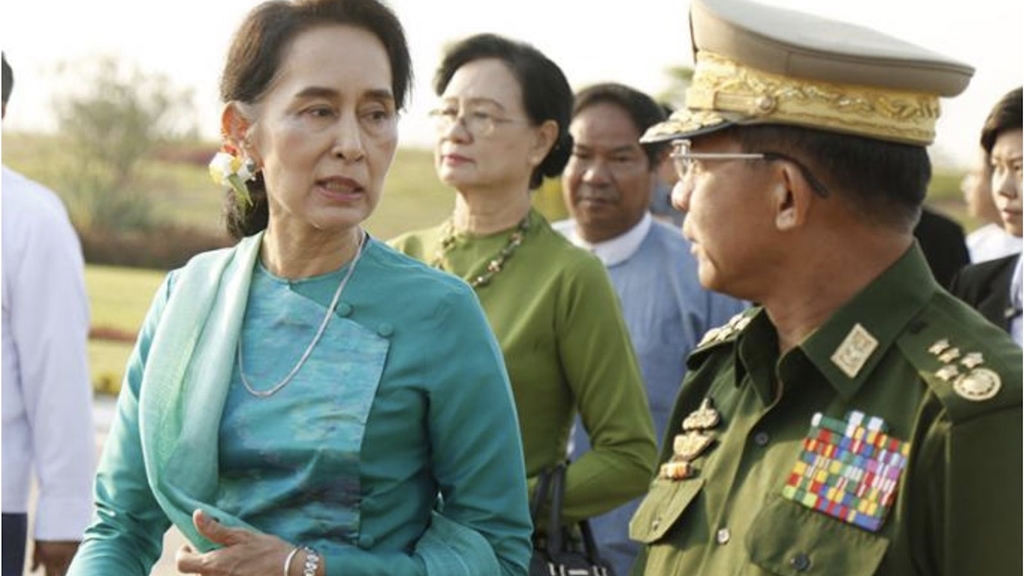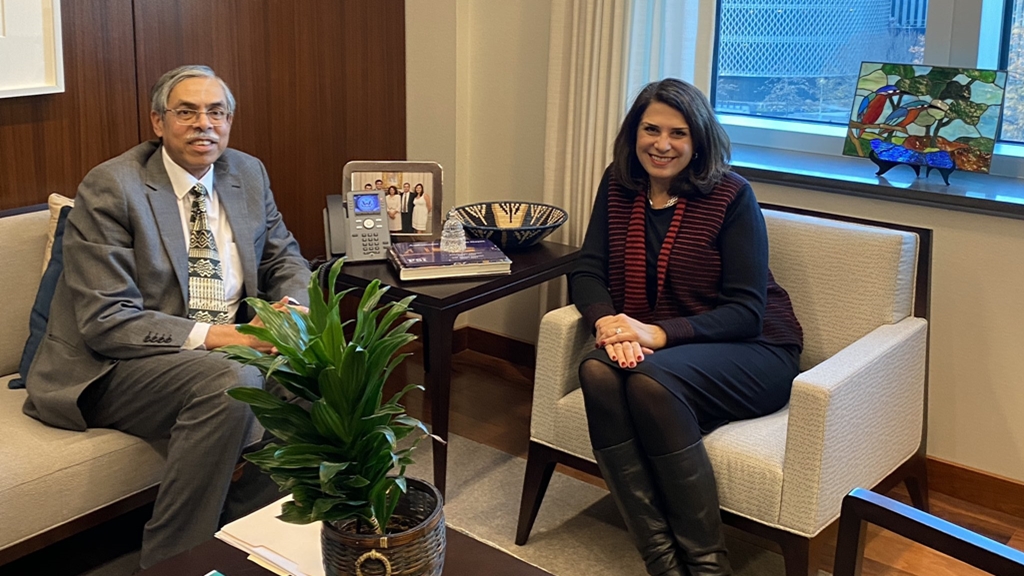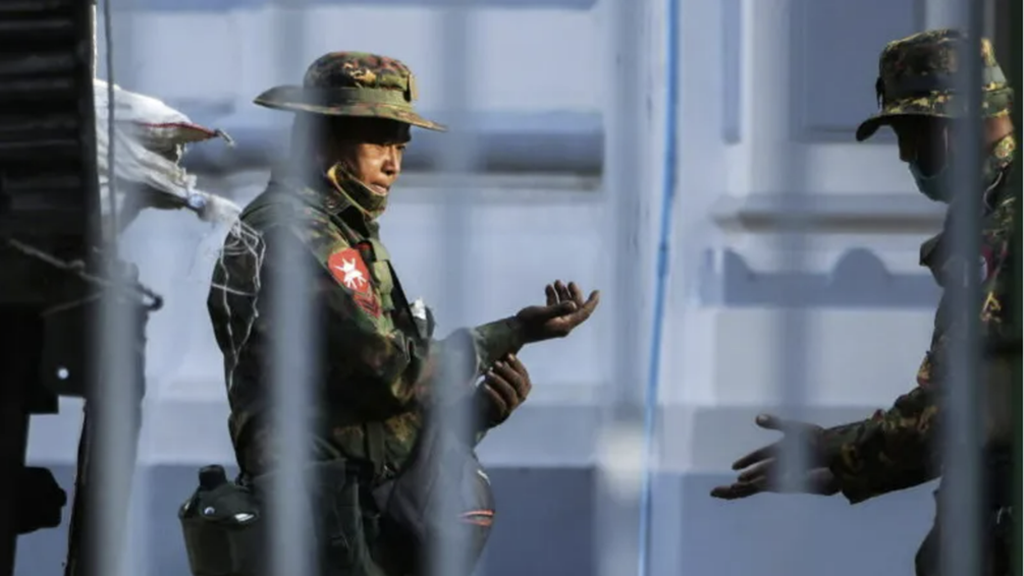
Bleak future ahead for Suu Kyi and Myanmar
- 20/02/2021
- 0
By Dr. Azeem Ibrahim, Arab News
Aung San Suu Kyi once again finds herself in a set of circumstances that defined her life in the past: Under arrest by the military government of her country. However, this time around, things are very different. She is no longer seen as the global democracy and human rights icon, and few outside of Myanmar will campaign for her release with the energy and zeal they did in the past. And, while she remains popular in Myanmar itself, that popularity remains unlikely to translate into a reversal of the military coup.
The problem with Suu Kyi is that, during her nearly six years in power at the head of the civilian government in Myanmar, she appeared to abandon virtually all the values the world believed she stood for. Head of the list is the way in which she defended the Myanmar military, the Tatmadaw, for its campaign against the Rohingya. Her party, the National League for Democracy (NLD), then proceeded to disenfranchise virtually all of the Rohingya that remained in the country in the lead-up to last November’s general election.
Then, her government kept in place virtually the whole package of laws for the repression of dissent and democratic pluralism that the previous military governments had instituted — from media laws to political association laws and laws defining “threats to the state” so broadly as to effectively disbar most potential rival political forces. The NLD contested the military for control over some bureaucracies of the state and the narrative of who was the legitimate ruler of the country, but it did virtually nothing to open up the state and wider society for genuine democratic development. Rather than rush to build a broad and resilient democratic culture in the country, the NLD focused almost entirely on concentrating any power they could wrest from the Tatmadaw in the hands of only one person: Suu Kyi.
So now Suu Kyi finds herself a victim of her own machinations. That the NLD would have wanted to progressively take more power from the Tatmadaw was perfectly sensible, and the only way to move the country along the path of democracy — but that is the very thing that ultimately prompted the Tatmadaw to stage the coup. By concentrating all the power they wrested from the Tatmadaw into the hands of Suu Kyi, they have left Myanmar’s democracy with a “bus factor” of one: To effectively kill “democracy” in Myanmar, the Tatmadaw only needed to arrest one person.
Democracy in Myanmar never came to mean, and it was not allowed to become, ‘the power of the people.’
Dr. Azeem Ibrahim
It was expected that, following a military coup, the people of Myanmar would rise up to resist the military and overthrow the coup. In the two weeks since the coup, this has not happened. And it has not happened because democracy in Myanmar never came to mean, and it was not allowed to become, “the power of the people.” Democracy in Myanmar only ever came to mean the power of Suu Kyi and the NLD bureaucracy, which responded to her. With them all in prison, there is no democracy left to come to their rescue. There is no “democratic civil society” that can mobilize and organize to resist the military takeover. And that civil society does not exist because Suu Kyi and the NLD were just as resistant to allowing it to develop and thrive as the previous military juntas had been.
So the outlook for Myanmar remains bleak. It will likely remain bleak even if the coup were, somehow, reverted. As for Suu Kyi herself, the prospects are really not very hopeful either. She retains her popularity domestically, but the people of Myanmar have no idea how to organize without her and the NLD in order to bring her back to power. She is likely to languish in isolation for the foreseeable future. She is not yet a spent force politically but, given a few months or years of arrest, as is already planned, and she will be spent. In either case, hopes for the future of democracy in Myanmar no longer rest with her. Democracy will only happen in Myanmar if a new generation of leaders manages to learn from her mistakes and make better decisions next time around.
- Dr. Azeem Ibrahim is a director at the Center for Global Policy and author of “The Rohingyas: Inside Myanmar’s Genocide” (Hurst, 2017). Twitter: @AzeemIbrahim







